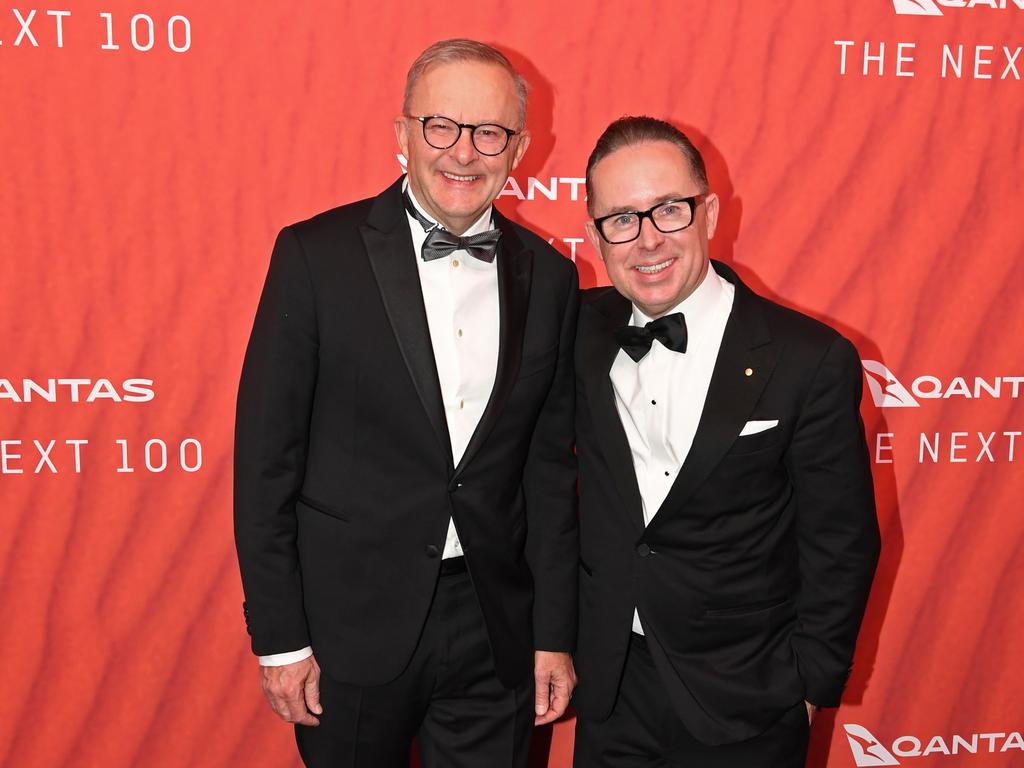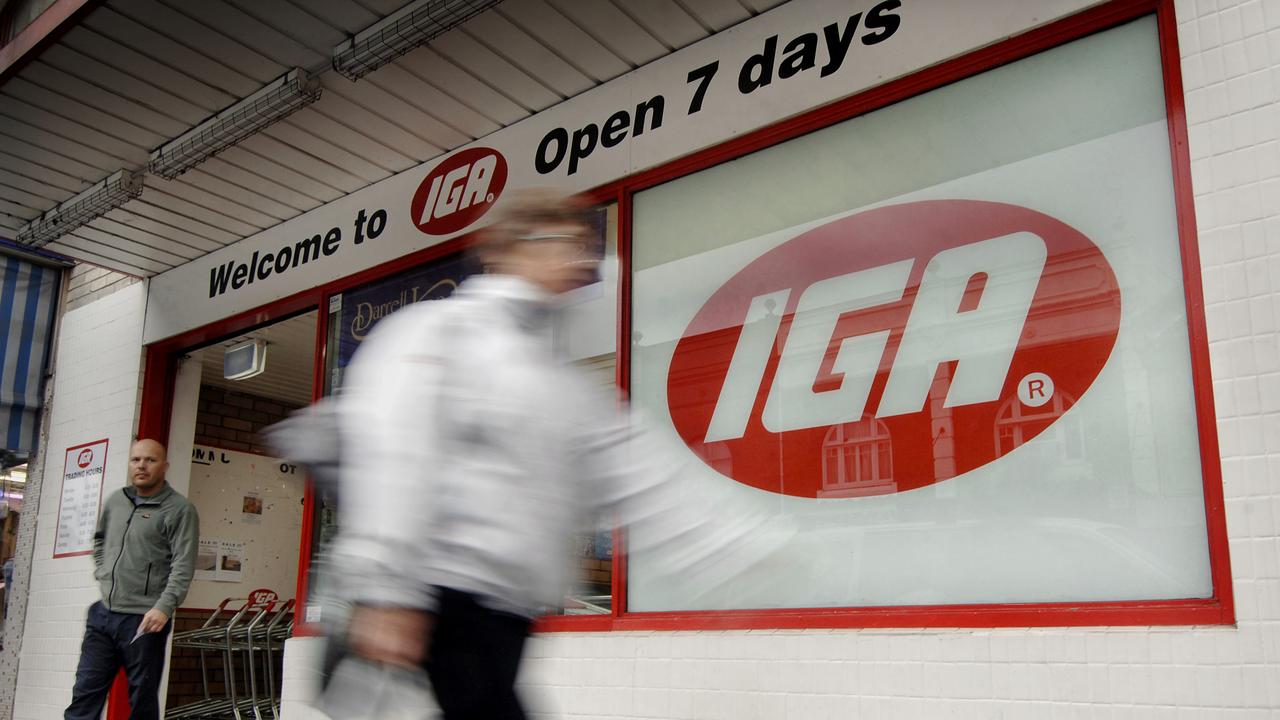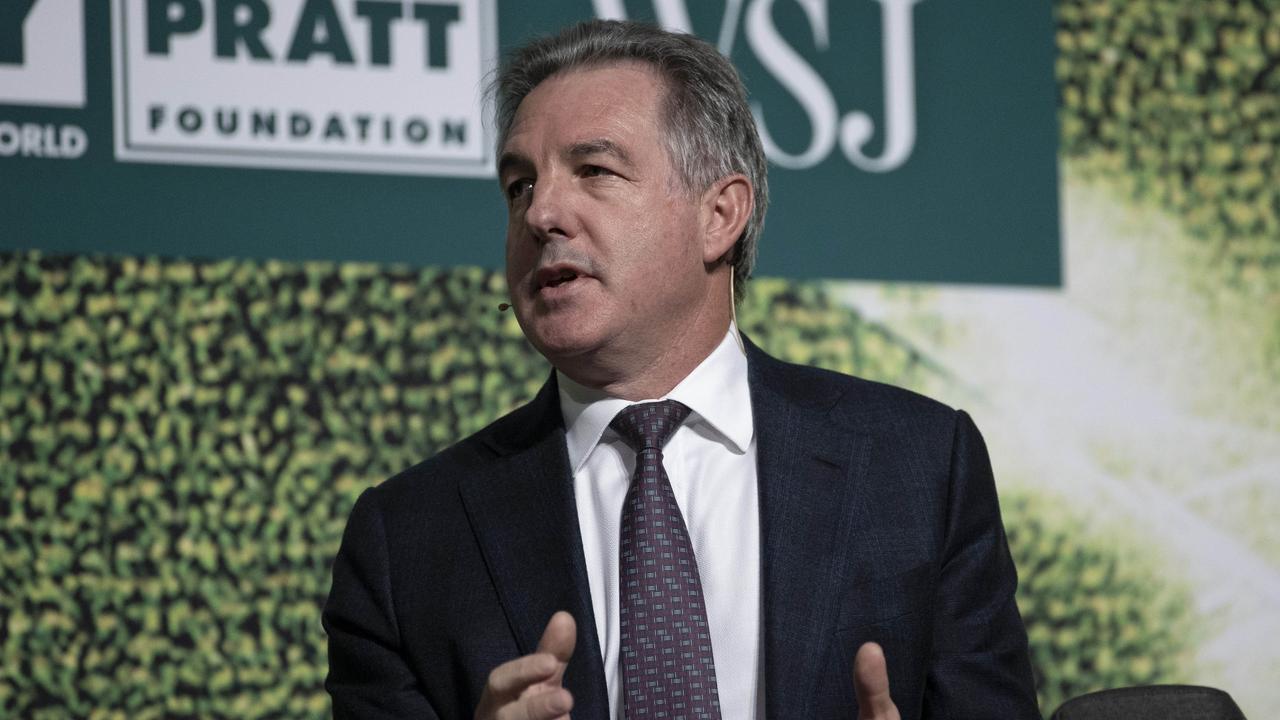Complimentary lounge access and increased baggage allowance part of ‘highly desirable’ status credits for public servant flights
Public servants are allowed to accrue coveted Qantas ‘status credits’ when flying for work which explains the imbalance in flights booked with Qantas over Virgin Australia.
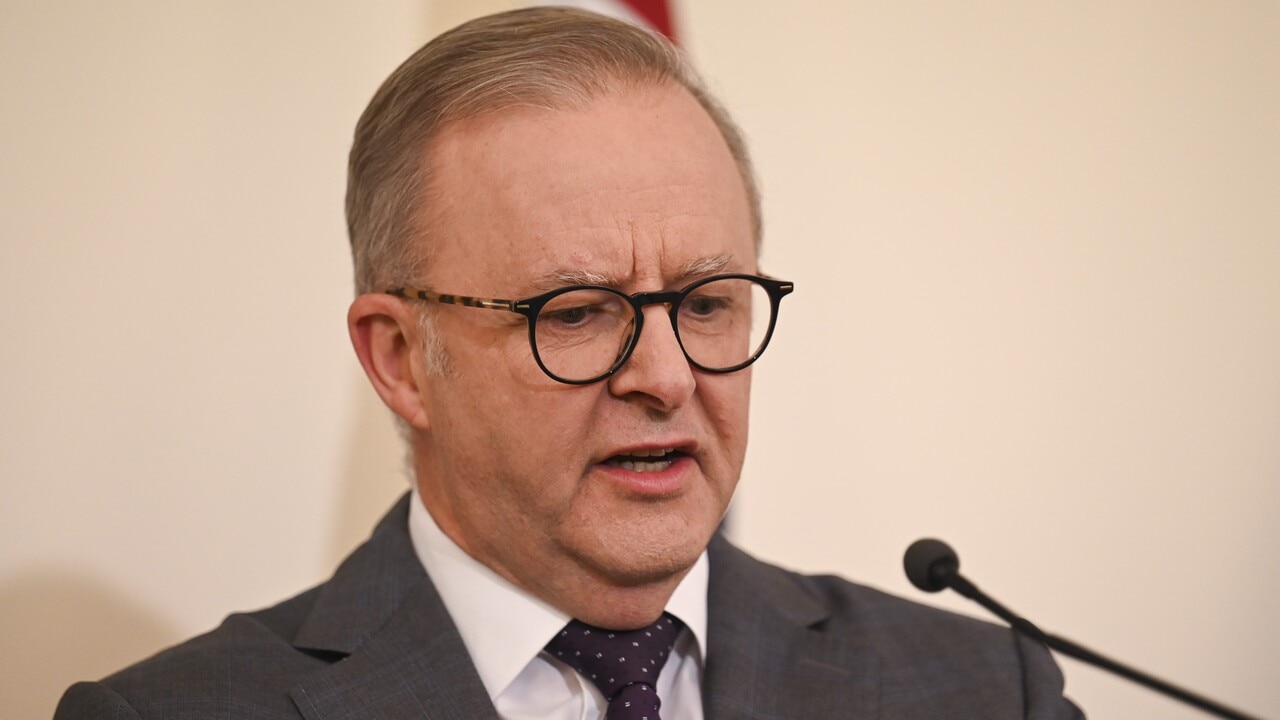
Business
Don't miss out on the headlines from Business. Followed categories will be added to My News.
Federal government employees cannot collect frequent flyer points on flights booked for work but they can accrue coveted status credits in an anomaly that sees far more public servants travel on Qantas than Virgin Australia.
Some 77 per cent of public service travel was booked with Qantas last year, giving the airline a distinct advantage over its smaller rival, particularly given most of those flights are taken on more expensive “flex fares”.
Frequent flyer expert Adele Eliseo of the Champagne Mile said the accrual of “highly desirable” status credits made Qantas the more appealing option for most public servants.
“In a nutshell, Qantas status perks are more valuable (than Virgin Australia’s Velocity) because of Qantas’s larger domestic and international network and bigger domestic lounge footprint,” Ms Eliseo said.
“Virgin Australia also notably lacks an international lounge network and doesn’t offer anything comparable to the Qantas First Lounge, where perks like massages, champagne and a Neil Perry-designed a la carte menu elevate the experience.”
The government website setting out the travel policy for public servants says employees are allowed to collect status credits through airline loyalty programs so they can “attract benefits such as complimentary lounge access and increased baggage allowance”.
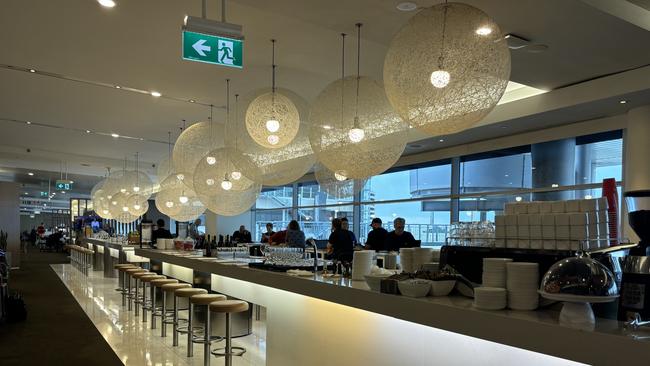
Ms Eliseo said if public sector bookings could not accrue status credits, many employees would probably struggle to maintain status levels that come with lounge access as a perk.
“This might lead to an increase in demand for separate Qantas Club or Virgin Australia lounge memberships within the public sector, at additional cost,” Ms Eliseo said.
Building up enough status credits to unlock beneficial gold and platinum tiers at Qantas required “considerable commitment”, she added.
While Virgin Australia’s Velocity program gives members a range of ways to earn status credits on the ground, including shopping at Coles, Qantas Frequent Flyer makes it near impossible to earn enough credits without flying.
“Reaching Qantas Gold requires 700 status credits, or 600 to retain, which would take 70 one-way trips between Sydney and Melbourne on a discount economy fare,” Ms Eliseo said.
“At the upper end, the lofty heights of Platinum One status requires a massive 3600 status credits to earn and retain. And at the top tier, there’s Lifetime Platinum, which is achieved at a whopping 75,000 status credits calculated over a lifetime of status credit earning.”
She said that was the equivalent of 7500 one-way trips between Sydney and Melbourne on a discount economy fare, or 250 one-way trips a year, over 30 years.
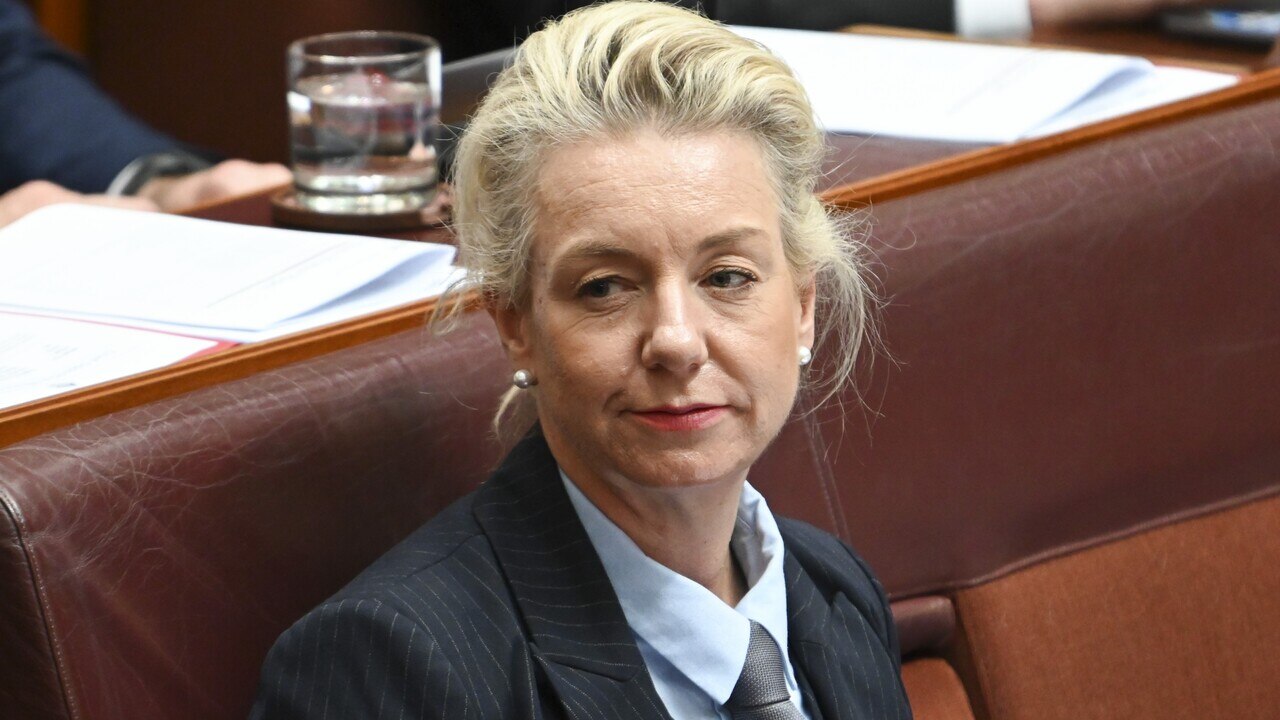
“To understand the appeal of Qantas status credits, you only have to look at the response Qantas got to its recent double points or status credits offer,” Ms Eliseo said.
“Six out of ten people who booked a flight to take advantage of the offer chose status credits rather than double points, underscoring their strong influence on travel booking decisions.”
Virgin Australia has previously raised concerns that government policy settings had “for too long favoured the Qantas Group and entrenched a market structure where Qantas remained dominant”.
In its submission to the Aviation White Paper, Virgin pointed out that the total domestic government travel spend in the 2023 financial year was $242m, with Virgin’s share only $55.6m or 23 per cent.
“Given Virgin Australia’s average ticket price over that period was $207, compared to $289 across its competitors, this reduced share means that taxpayers are paying more for government travel than is necessary by continuing to choose Qantas,” said the submission.
The Department of Finance is currently reviewing government policy for official travel, in recognition of the fact some employees were “preferencing certain airlines when booking”.
No firm date has been set for the completion of the review.
More Coverage
Originally published as Complimentary lounge access and increased baggage allowance part of ‘highly desirable’ status credits for public servant flights



